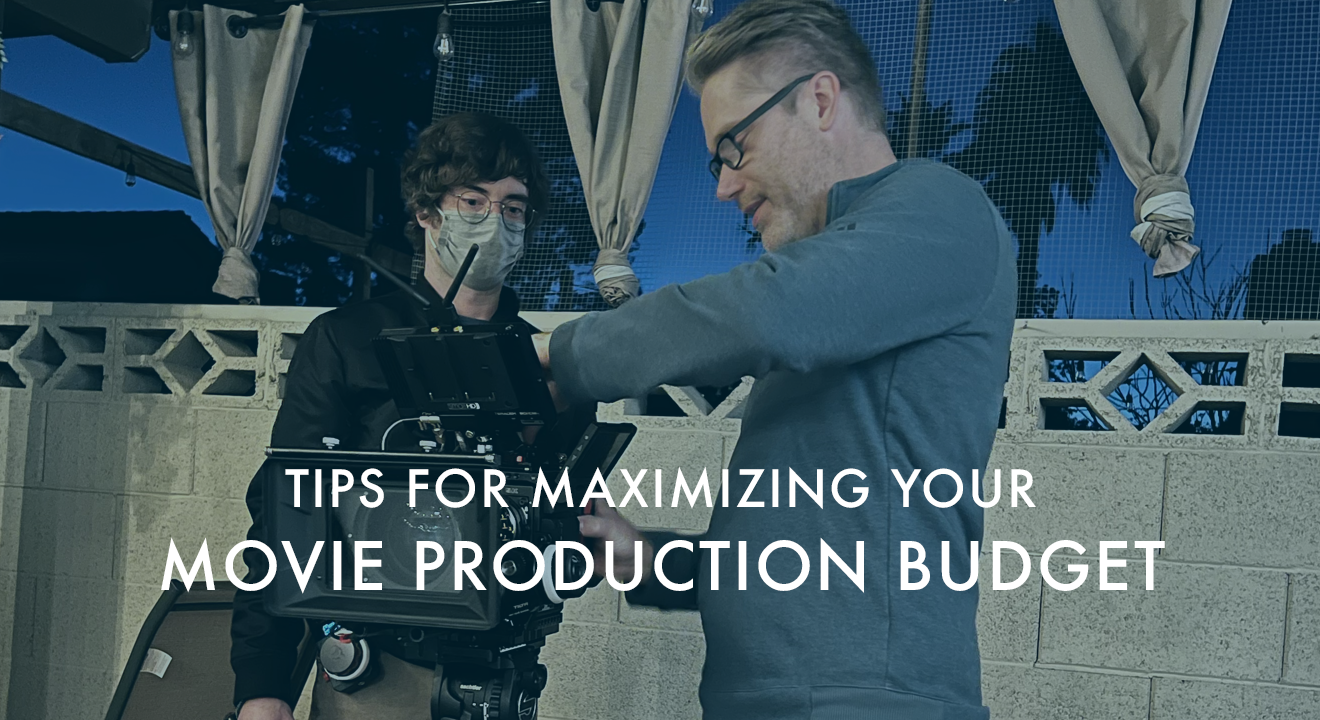As an independent filmmaker, I aim to reduce costs without compromising safety or the essential elements for successful movie production. Over the past decade, I’ve discovered that a significant portion of production expenses can be trimmed without sacrificing quality. In this article, I’ll cover various strategies to help you cut costs while maintaining the excellence of your movie production. Remember that the specific approach may vary depending on your project, but consolidation is often the key to success. This is also relevant for those in video production making commercials and marketing content.
Streamline Your Movie Production Crew Expenses
Large crews can inflate your budget substantially. To minimize labor costs, hire only essential crew members. Overstaffing is a common issue in movie production, leading to unnecessary expenses. For instance, some sets have excessive production assistants per department. While this might be necessary for larger independent and studio films, it can significantly impact your micro-budget movie production. Additional personnel means more payroll expenses, insurance, food, and other benefits. Examine your below-the-line crew costs carefully, even if you have volunteer labor. Consolidate your workforce efficiently to reduce your payroll, and apply those savings to other areas like catering, safety, and preproduction planning.
Choose the Right Director of Photography (DP)
Select a DP who understands how to work within a limited budget. Some DPs fresh out of film school may request costly equipment and extras that aren’t necessary for a micro-budget movie. In reality, the choice of camera matters less than factors like genre, title, and actor performances. Achieve great visuals with cost-effective tools and equipment. Consider taking a crash course in cinematography or camera operations before hiring a DP to ensure you make efficient choices within your budget constraints.
Optimize Your Movie Production Locations
Consolidating your shooting locations is a strategy I’ve advocated for since my first book, “What Film Schools Don’t Tell You.” Having physical locations serving multiple purposes can save you both time and money. For example, when filming in a warehouse, explore areas within the property that can double as different environments with minimal set dressing. Reducing the need to move equipment and crew between multiple locations can help you stay on schedule and within budget.
Plan Your Shots Thoroughly
When producing a micro-budget movie, there’s no room for error. Spontaneity is great unless you’re the one paying for it. Whether you’re directing the film or hiring a director, ensure you have a well-thought-out shot list or production plan before filming begins. Leave nothing to chance, as unexpected surprises can wreak havoc on your budget. The most significant expense in movie production is often the unexpected.
Prioritize Distribution and Marketing your Movie
Don’t overlook the critical distribution and marketing aspects once your film is completed. Many independent filmmakers neglect these areas, only to face disappointment when their films gain little traction. For micro-budget movies, focus on distribution from the outset. Consider market research to identify budget-friendly genres and speak with potential distributors early. If you’re using an aggregator, research the platforms that align with your film’s genre.
Regarding marketing, start promoting your movie production as soon as you decide on the screenplay. Build a community around your project to generate buzz and engagement before release. This community can be instrumental in supporting your film’s initial engagement on VOD platforms and boosting algorithmic recommendations.
Stay Disciplined and Plan Ahead for your Production
Movie production demands discipline and focus. While it may take several attempts to get it right, maintaining a well-structured plan can make the process more manageable. Following these tips and remaining committed to your vision will increase your chances of a successful film release.
If you’re interested in diving deeper into filmmaking topics, consider exploring my books on Amazon. Best of luck, and keep creating compelling movies!
-Kelly Schwarze




